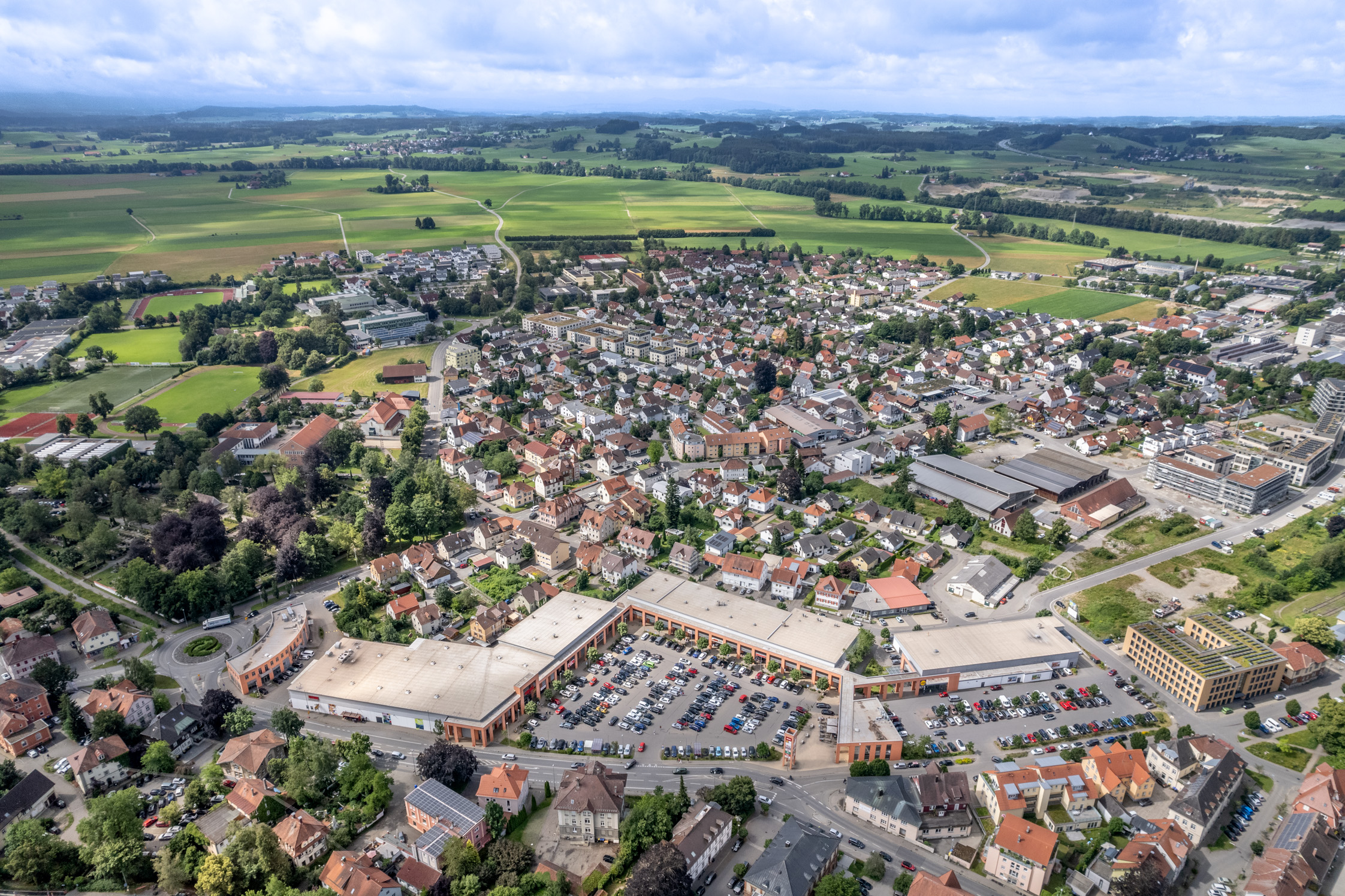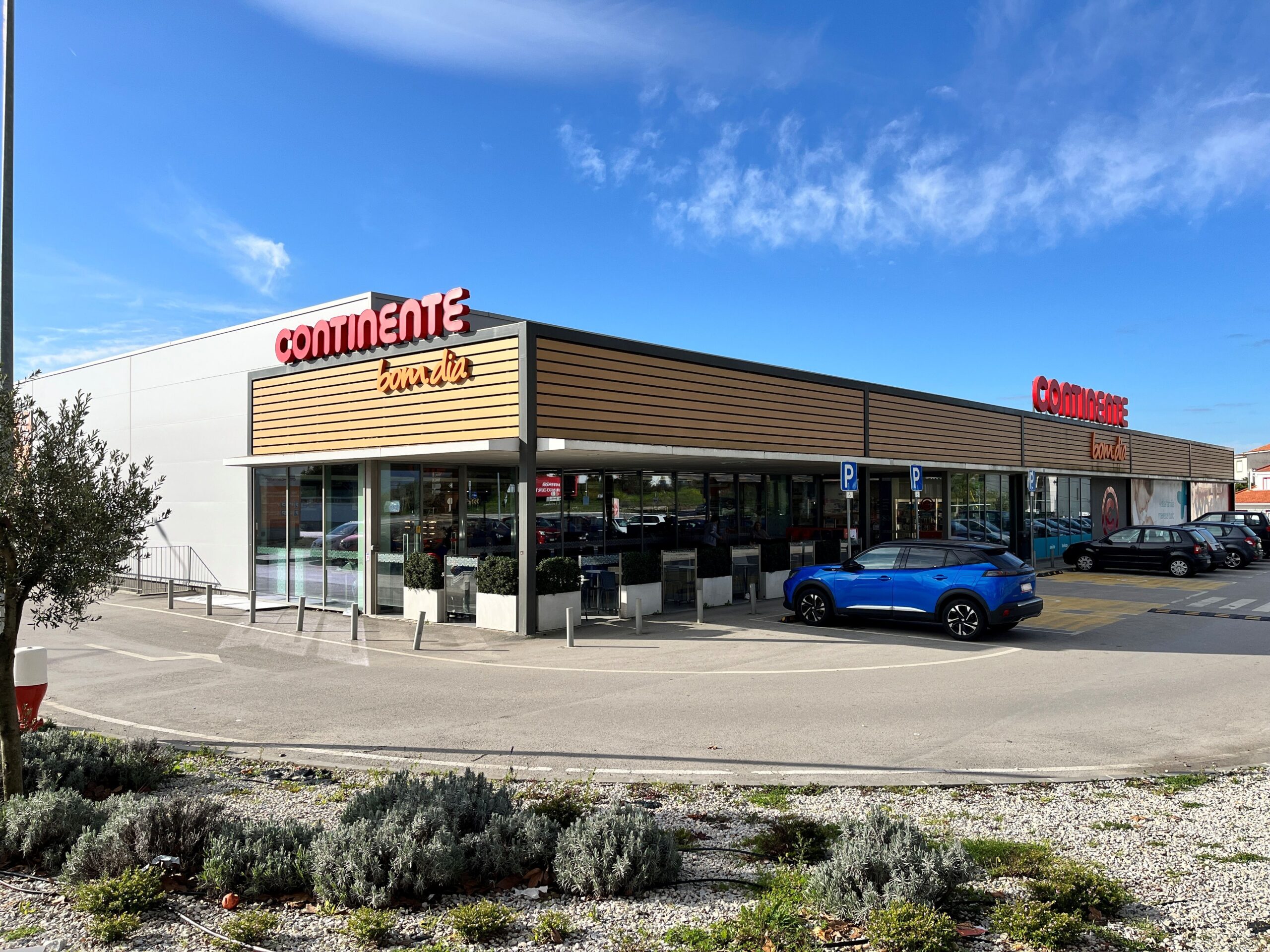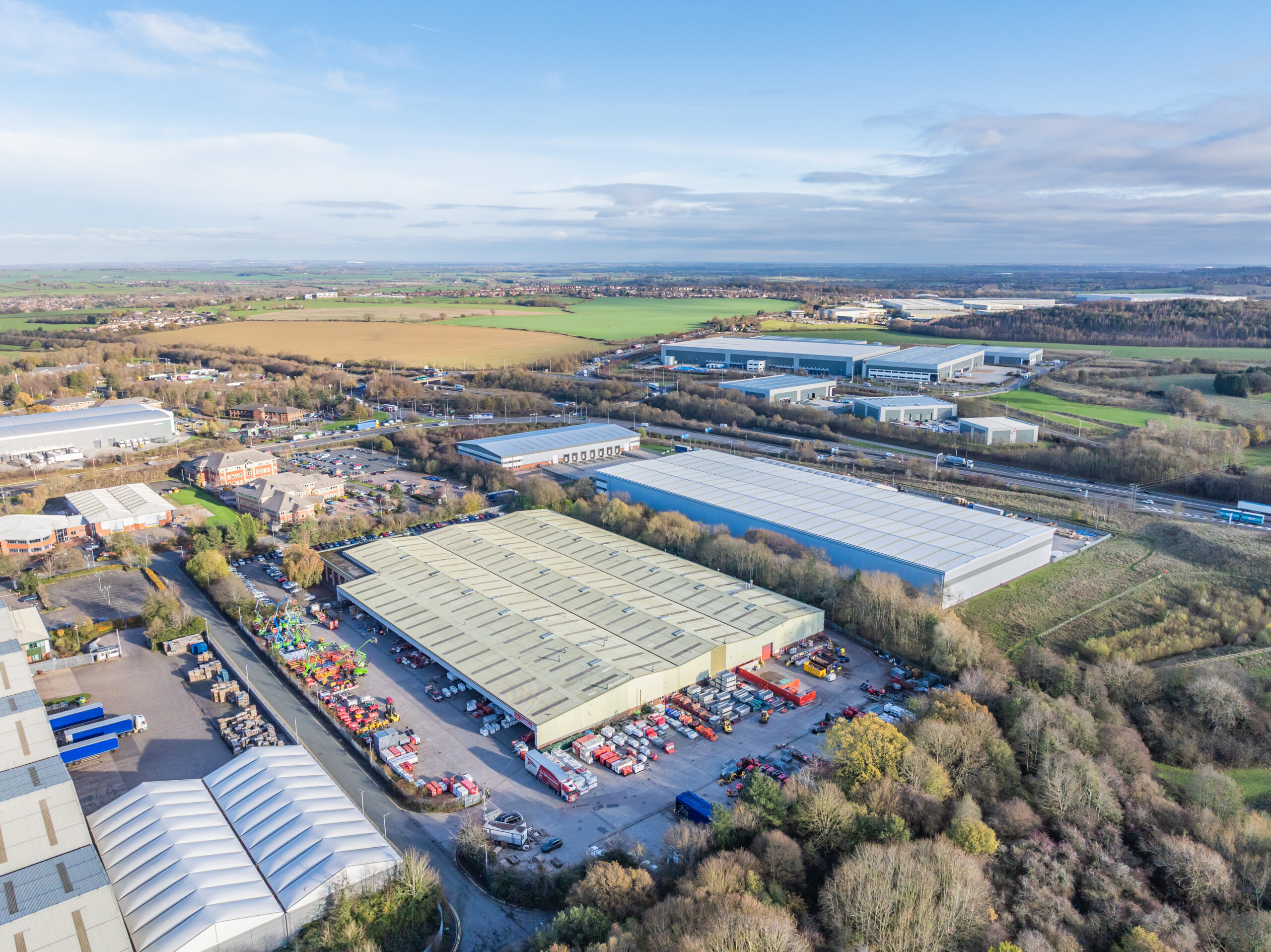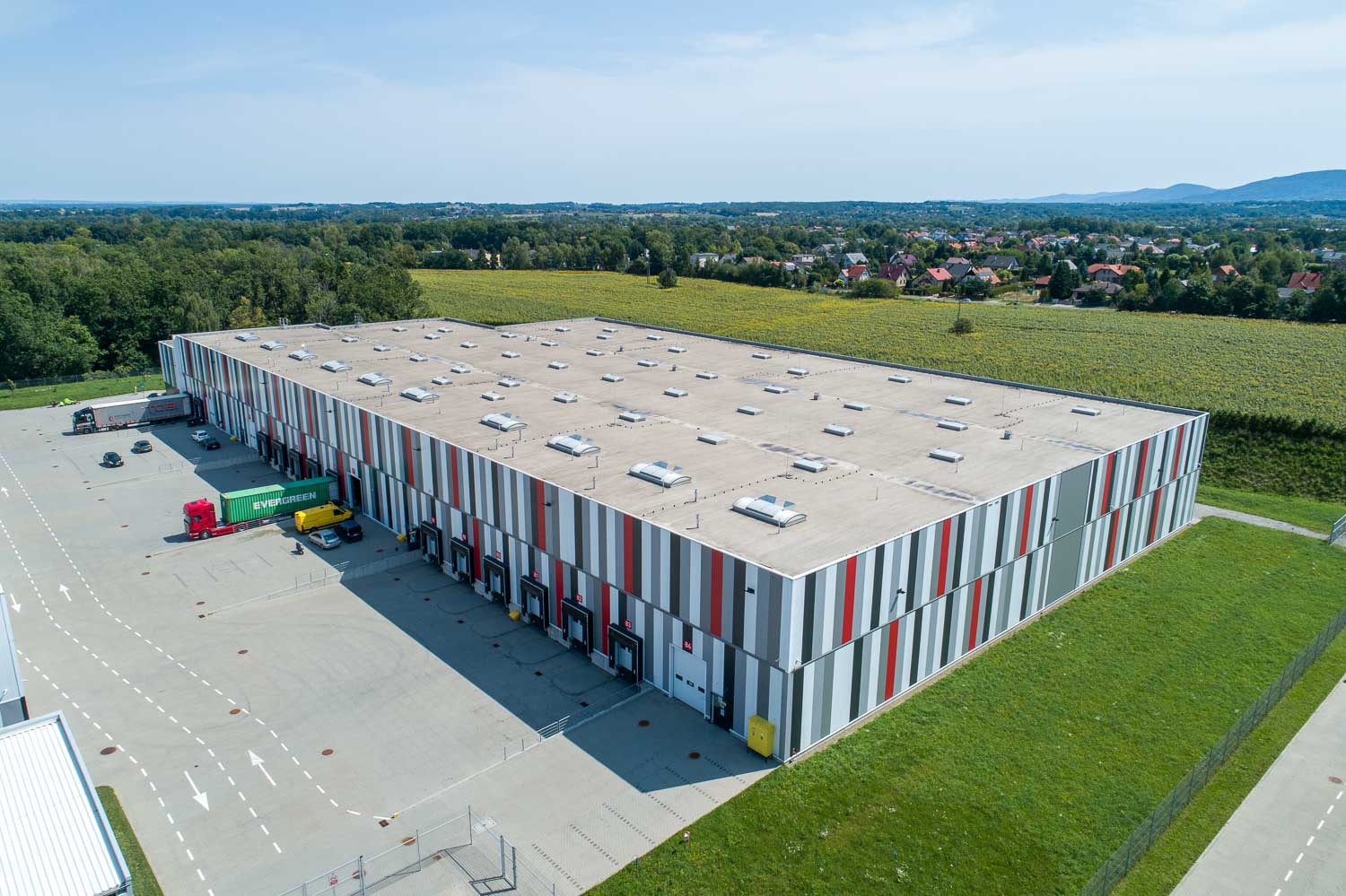Important Information
1. IMPORTANT INFORMATION
This website is operated by Savills IM Holdings Ltd and its subsidiary undertakings, including Savills Investment Management LLP, a limited liability partnership authorised and regulated by the Financial Conduct Authority (“FCA”) (Firm Reference Number: 615368) in the United Kingdom to carry out certain investment and insurance distribution activities and DRC Savills Investment Management LLP, a limited liability partnership authorised and regulated by the FCA (Firm Reference Number: 574874) in the United Kingdom to carry out certain investment distribution activities. The registered office for both entities is 33 Margaret Street, London W1G 0JD. The information on this website may refer to either or both of these entities along with the wholly owned subsidiaries of each, as listed on the Regulation page of this website, together (“the Savills Investment Management Group”, “we”, “us” and “our”). Property is not a financial Instrument as defined by Directive 2014/65/EU (“EU MiFID II“), and as it forms part of UK law by virtue of the European Union (Withdrawal) Act 2018, (“UK MiFID II“). Consequently, the direct investment into, and management of, property is not regulated by the FCA.
These terms and conditions govern your access and use of this website. By accessing this website, you are indicating that you have read and accepted these terms and conditions, along with any terms expressly incorporated by reference.
2. TARGET AUDIENCE
The content contained within this website has been prepared for institutional investors only, and by having accepted the terms when entering the site, you therefore confirm that you acknowledge this. For persons accessing the website from the EEA, or who are otherwise domiciled or with a registered office in the EEA, this means that you are confirming that you meet the criteria to be a “professional client” in accordance with Article 4(1)(10) of MiFID II. For persons accessing the website from the UK, or who are otherwise domiciled or with a registered office in the UK, this means that you are confirming that you meet the criteria to be a “professional client” in accordance with UK MiFID II, or you are someone who may lawfully access this website.
Information contained within this website should not be forwarded or communicated to any other investor type. The dissemination of the information contained on this website is only intended for institutional investors in countries where Savills Investment Management LLP, DRC Savills Investment Management LLP, or any other relevant Savills undertaking (as appropriate) may make such material available. This information is not intended to be accessed by investors in jurisdictions where there is no such permission to do so. Users in such geographies should not access or act upon information contained on this website. The information contained here should not be regarded as an offer to purchase investment units.
In the UK, to the extent information contained on this website constitutes a financial or a scheme promotion for the purpose of s. 21 of the Financial Services and Markets Act 2000 (“FSMA“), this website may only be accessed by (i) “investment professionals” falling within Article 14(5) of the FSMA (Promotion of Collective Investment Schemes) (Exemptions) Order 2001 (“PCIS Order“) who have professional experience in matters related to investments; (ii) persons falling within any of the categories (a) to (a) of Article 22(2) of the PCIS Order (broadly, companies with net assets of £5 million sterling or more and trustees of trusts with assets of £10 million sterling or more, or any person acting in the capacity as director, officer or employee of such an entity where that person’s responsibilities when acting in that capacity involve him in the entity’s engaging in investment activity); or (iii) any other person to whom it may otherwise lawfully be communicated.
We reserve the right to prohibit or restrict access to or use of this website by any person or in any jurisdiction.
3. NO OFFER, ADVICE OR RECOMMENDATION
Nothing on the following pages shall be regarded or taken as financial advice. Access to the website is provided on the condition that it is for institutional investors to receive such information only and does not constitute an offer to enter into any contract or agreement, nor is it a solicitation of an offer to buy or sell investments in any jurisdiction.
4. RISK WARNING TO ALL POTENTIAL INVESTORS
Please remember that past performance is not necessarily a guide to future performance, and no representation or warranty is made regarding future performance. The value of an investment and the income from it can fall as well as rise as a result of market and currency fluctuations and investors may not get back the amount originally invested. Tax assumptions may change if the law changes, and independent advice should be sought. Property or, where appropriate, debt secured on Properties can be difficult to sell, and it may be difficult to realise your investment when you want to.
5. OTHER COUNTRIES
The information described within this website is not available in all countries, and nothing contained on this website constitutes an offer or solicitation to anyone in any jurisdiction where such an offer is not lawful or to anyone to whom it is unlawful to make such an offer or solicitation. By using this website you consent to these terms and conditions and confirm that you are aware of the laws in your own jurisdiction relating to the provision and sale of funds and any related financial services products, services or advice.
6. DISCLAIMER
Whilst reasonable care is taken to ensure that information contained on this website is accurate, we do not guarantee its accuracy, adequacy or completeness. We reserve the right to change the information on this website (including these terms and conditions) at any time without notice. You must check these terms and conditions for changes each time you intend to use this website. Your use of this website following such amendments constitutes your acceptance of these terms and conditions as amended.
We provide this website on an “as is” basis and make no representations or warranties of any kind with respect to this website or the content contained on it (including any text, graphics, advertisements, links or other items) and disclaim all such representations and warranties. In addition, neither we nor any other contributor to this website make any representation or give any warranty, condition, undertaking or term either express or implied as to the condition, quality, performance, accuracy, suitability, fitness for purpose, completeness, or freedom from viruses of the content contained on this website or that such content will be accurate, up-to-date, uninterrupted or error free.
7. LIABILITY AND INDEMNITY
YOU ACKNOWLEDGE THAT YOU ARE SOLELY RESPONSIBLE FOR THE USE TO WHICH YOU PUT THIS WEBSITE AND ALL THE RESULTS AND INFORMATION YOU OBTAIN FROM IT AND THAT ALL WARRANTIES, CONDITIONS, UNDERTAKINGS, REPRESENTATIONS AND TERMS WHICH MAY APPLY TO YOU, THIS WEBSITE OR ANY CONTENT ON IT, WHETHER EXPRESSED OR IMPLIED, STATUTORY OR OTHERWISE ARE HEREBY EXCLUDED TO THE FULLEST EXTENT PERMITTED BY LAW.
Nothing in these terms and conditions shall restrict or exclude any liability that we have to any party that cannot be excluded or restricted as a matter of applicable law, including for death or personal injury arising out of our negligence or for fraudulent misrepresentation. We and all contributors to this website hereby disclaim to the fullest extent permitted by law all liability for any loss or damage including any consequential or indirect loss or damage incurred by you, whether arising in tort, contract or otherwise, and arising out of or in relation to or in connection with: (i) your access to or use of or inability to use this website or the content made available on this website; or (ii) use of, or reliance on, any content made available via this website whether or not the circumstances giving rise to such cause may have been within our control, or of any vendor providing software or services support. In particular, we shall not be liable for any indirect, incidental or consequential loss or damage.
You shall indemnify us from and against all actions, claims, proceedings, costs and damages (including any damages or compensation paid by us on the advice of our legal advisors to compromise or settle any claim) and all legal costs or expenses arising out of your use of this website and any breach by you of these terms and conditions.
8. INTELLECTUAL PROPERTY RIGHTS
We are the owner or the licensee of all intellectual property rights in this website and in the material published or otherwise made available on it. These works are protected by intellectual property rights, including copyright laws. All such rights are reserved.
You may not make a permanent copy of or reproduce this website or any of its contents in any form. You may not reproduce or incorporate this website or any of its contents into any other website. You may only print or cache temporary copies of the content for your own personal non-commercial use.
We welcome links to this website from relevant third party websites. However, if requested in writing by us, links must be removed within 24 hours.
“Savills Investment Management” and “DRC Savills Investment Management” and the corresponding logos are trademarks registered in our names in the UK and other parts of the world. Reproduction of these trademarks other than in order to view this website is prohibited. Nothing on this website should be construed as granting any licence or rights to use or distribute any site content without our express written agreement.
9. SITE ACCESS, INTERRUPTIONS AND OMISSIONS IN THIS SERVICE
We reserve the right to suspend, withdraw, restrict or amend all or any part of the service provided by this website at any time without notice or liability to you. We do not accept responsibility as to the operation, functionality or availability of this website, or warrant that the use of this website will be free from delay, interruption, interception or error.
Whilst we take every care to ensure that the standard of this website remains high and to maintain the continuity of it, the internet is not always a stable medium and errors, omissions, interruptions of service and delays may occur at any time, often due to factors outside of our control. As a result, we do not accept any ongoing obligation or responsibility to operate this website (or any particular part of it).
You must not violate the security of this website or attempt to do so. You must not attempt to gain unauthorised access to this website, the server on which this website is stored or any server, computer or database connected to this website.
You may not do anything that could interfere with the functioning of this website, restrict or inhibit others from accessing or using it, or result in the transmission of a denial-of-service attack, distributed denial-of-service attack, virus, worm, time bomb, logic bomb, Trojan horse or other harmful material.
You must not use this website in any way that causes, or may cause damage to us, this website or this website’s availability or accessibility. In addition, you must not use this website in any way which is unlawful, illegal, fraudulent or harmful or in connection with any unlawful, illegal, fraudulent or harmful purpose or activity or to transmit or send unsolicited commercial communications.
We will take reasonable precautions to ensure the security of this website. However, please note that the transmission of information via the internet is not completely secure.
We will not be liable for any loss or damage caused by a denial-of-service attack, viruses or other technologically harmful material that may infect your computer equipment, computer programs, data or other material due to your use of this website or to your downloading of any material posted on it, or on any website linked to it.
10. TERMINATION
We have the right to terminate your access to this website at any time and in any event if you commit any breach of these terms and conditions. We shall have no liability to you for such termination. In the event that your access to this website is terminated, the remaining provisions of these terms and conditions will continue to apply.
11. INVALIDITY
If any part of our terms and conditions is found invalid or unenforceable (including any provision in which we exclude our liability to you), that provision shall be enforced to the maximum extent possible and the enforceability of any other part of these terms and conditions will not be affected.
12. LINKS
This website may contain links to third party websites over which we have no control. We assume no responsibility for the content of third-party websites or resources and accept no responsibility for any losses which may arise to you from your use of them. The presence of a link to a third party does not necessarily mean that we endorse that site or have any association with the proprietor of that website. These third-party websites will have their own terms and conditions of use, and your use of them and your relationship with their owners and/or operators will be governed by such terms and conditions.
13. GOVERNING LAW AND JURISDICTION
The terms and conditions and all matters arising in connection therewith shall be governed exclusively by English law except for the information provided by: (i) Savills Investment Management SGR S.p.A. which is governed by Italian law; and (ii) Savills Investment Management Asia Ltd (Japan branch) which is governed by Japanese law.
The English courts will have the exclusive jurisdiction over any matters arising from or related to these terms and conditions and this website except that: [All disputes relevant to the information provided by Savills Investment Management Asia Ltd (Japan branch) shall be subject to the exclusive jurisdiction of Tokyo District Court as court of first instance.]
14. DATA PROTECTION
These terms and conditions should be read in conjunction with our Privacy and Cookies Policy, which provides details of the basis upon which we process any personal data that we collect from you, or that you provide to us, including via this website.














